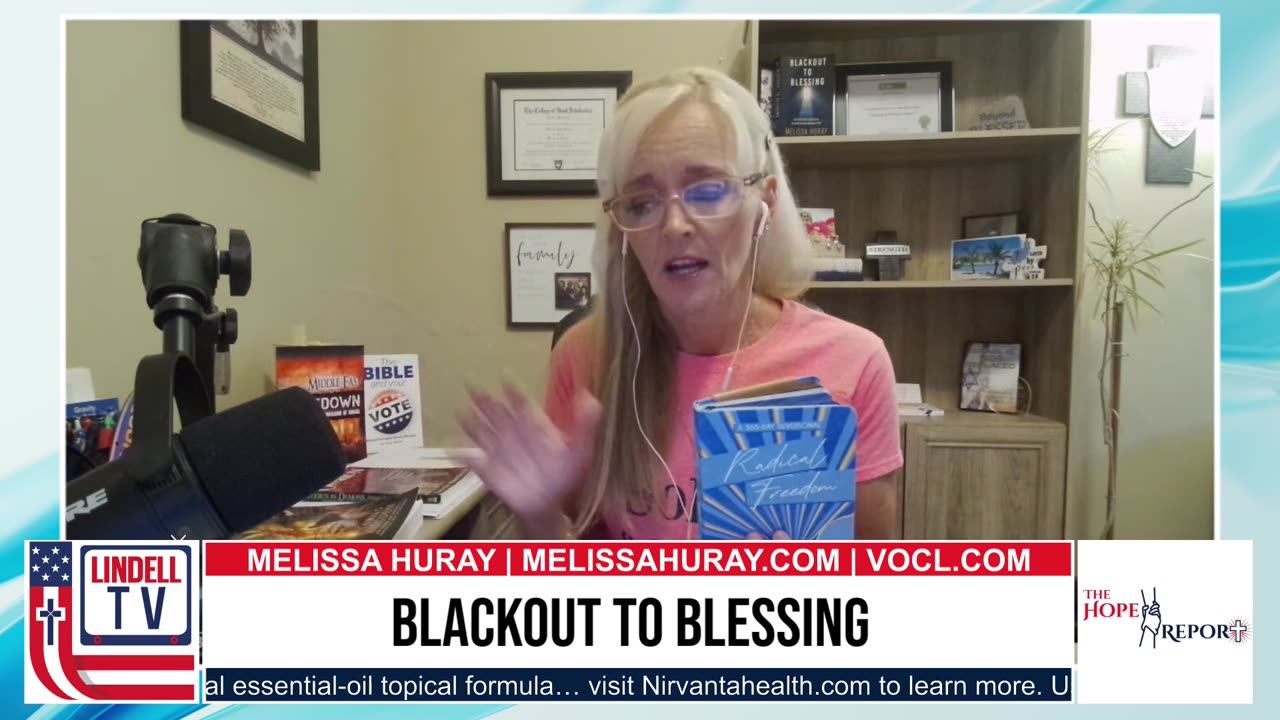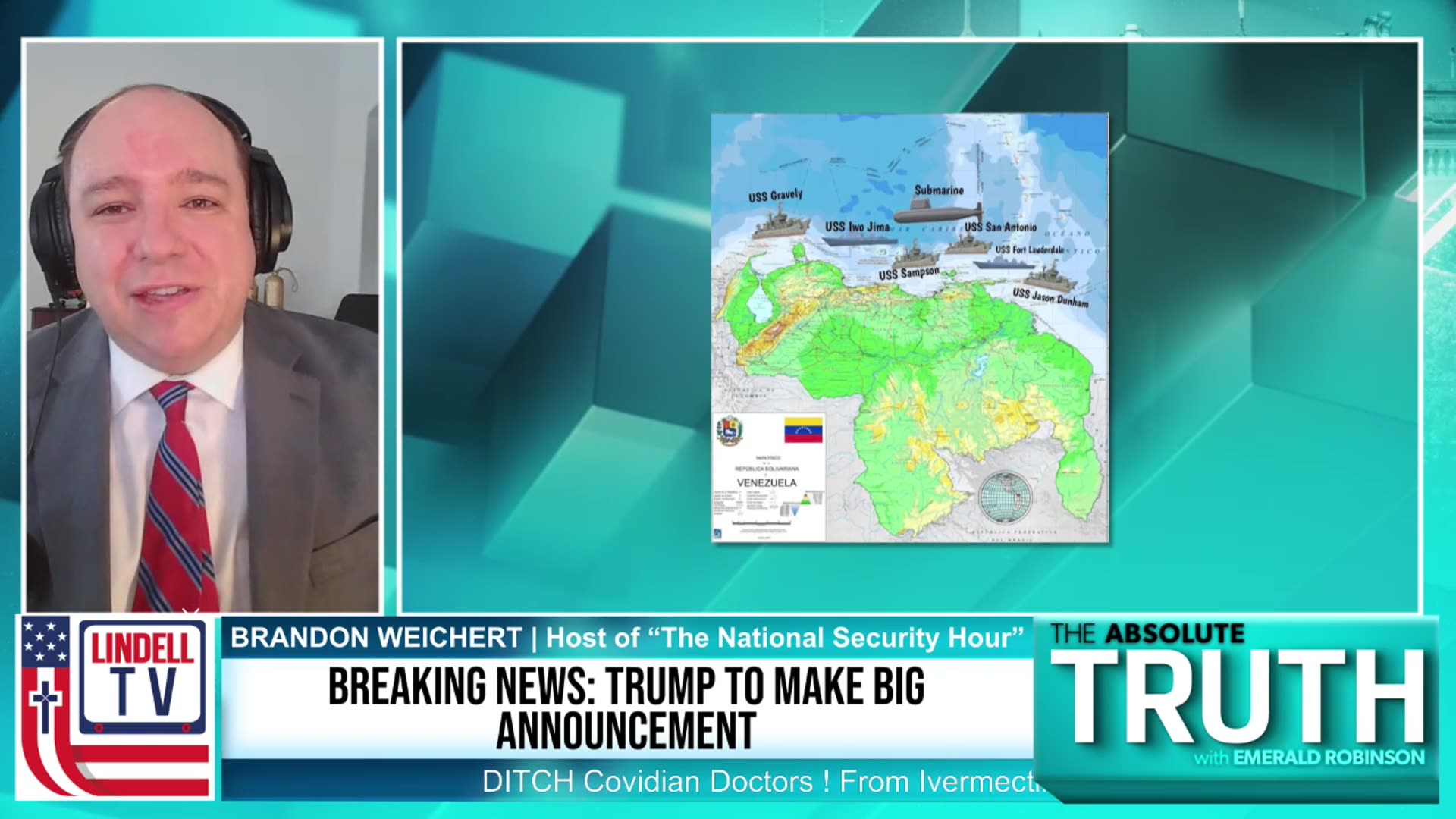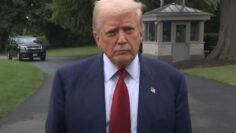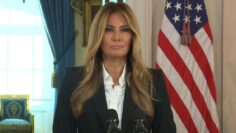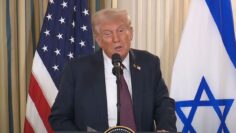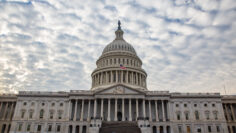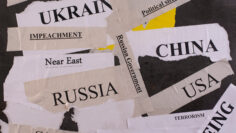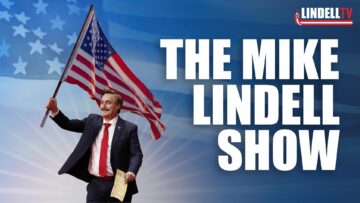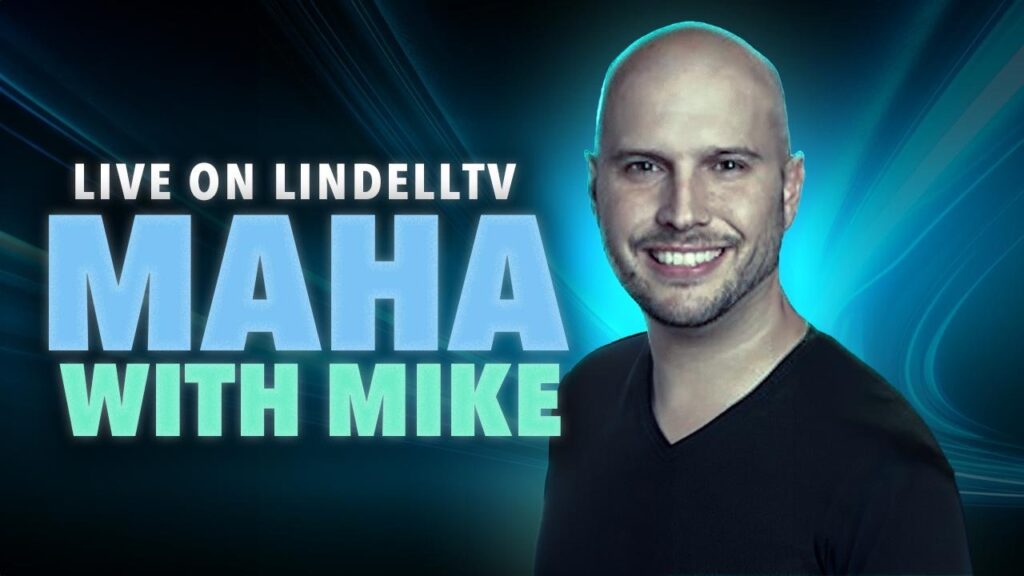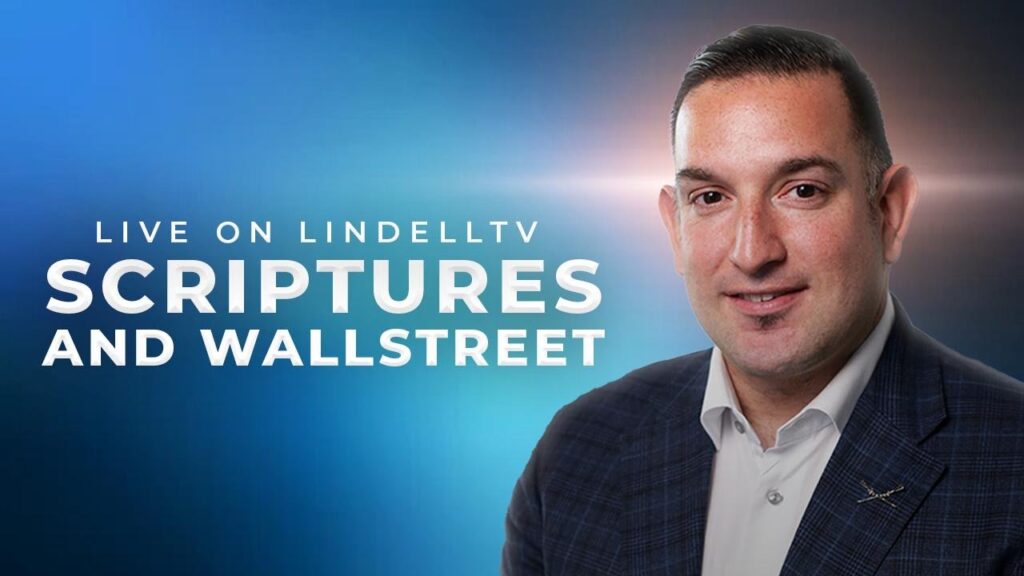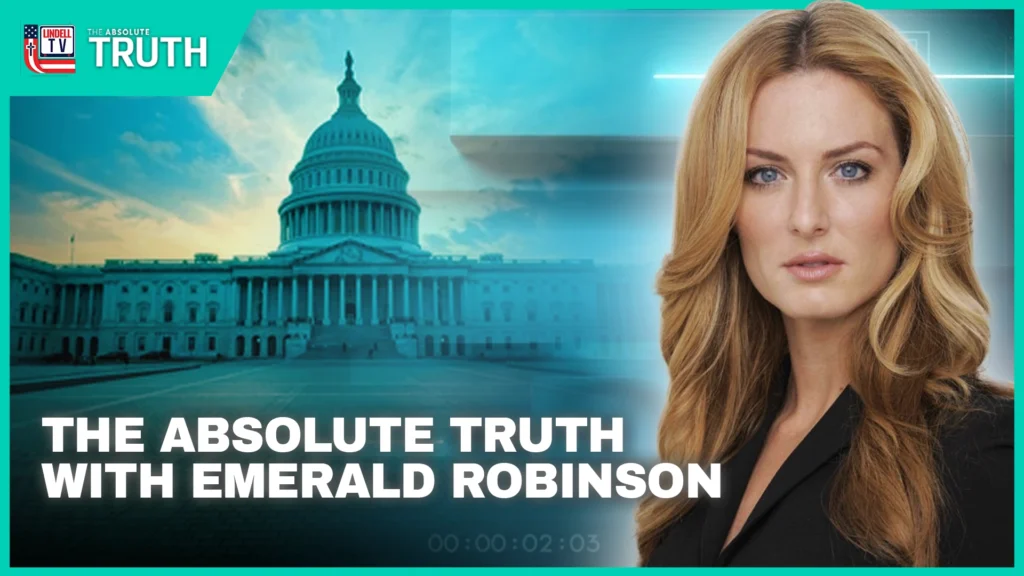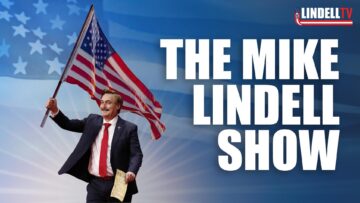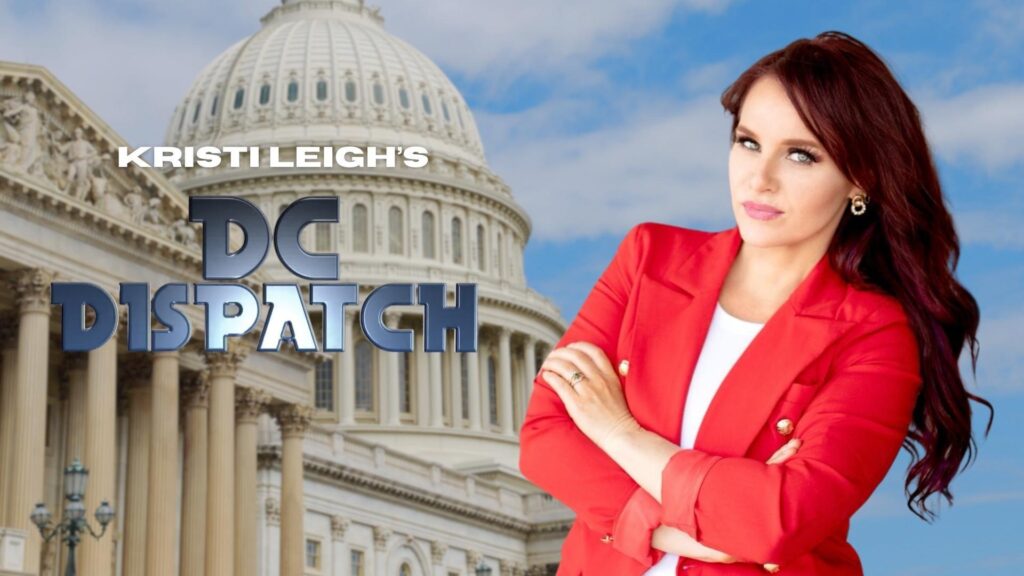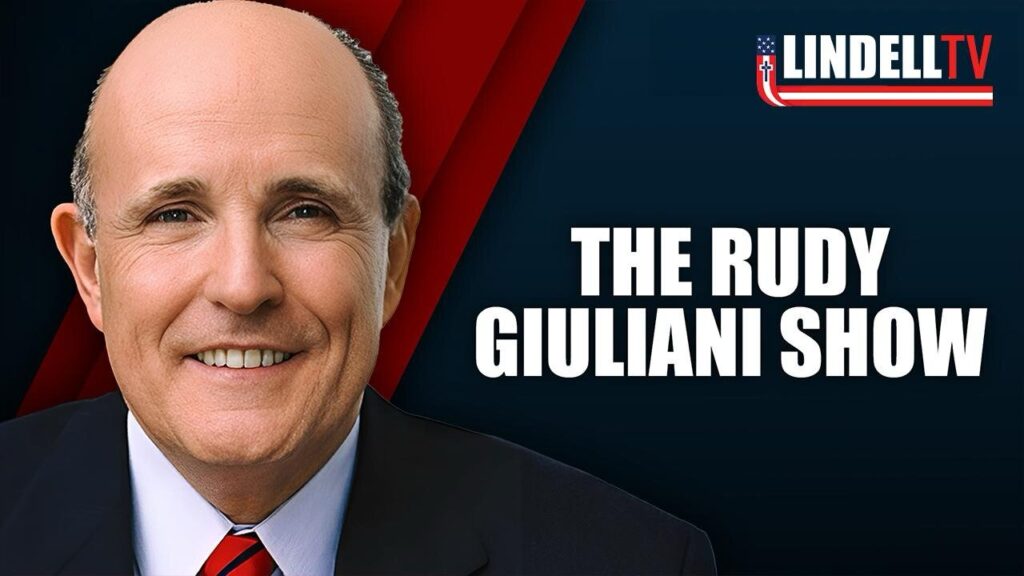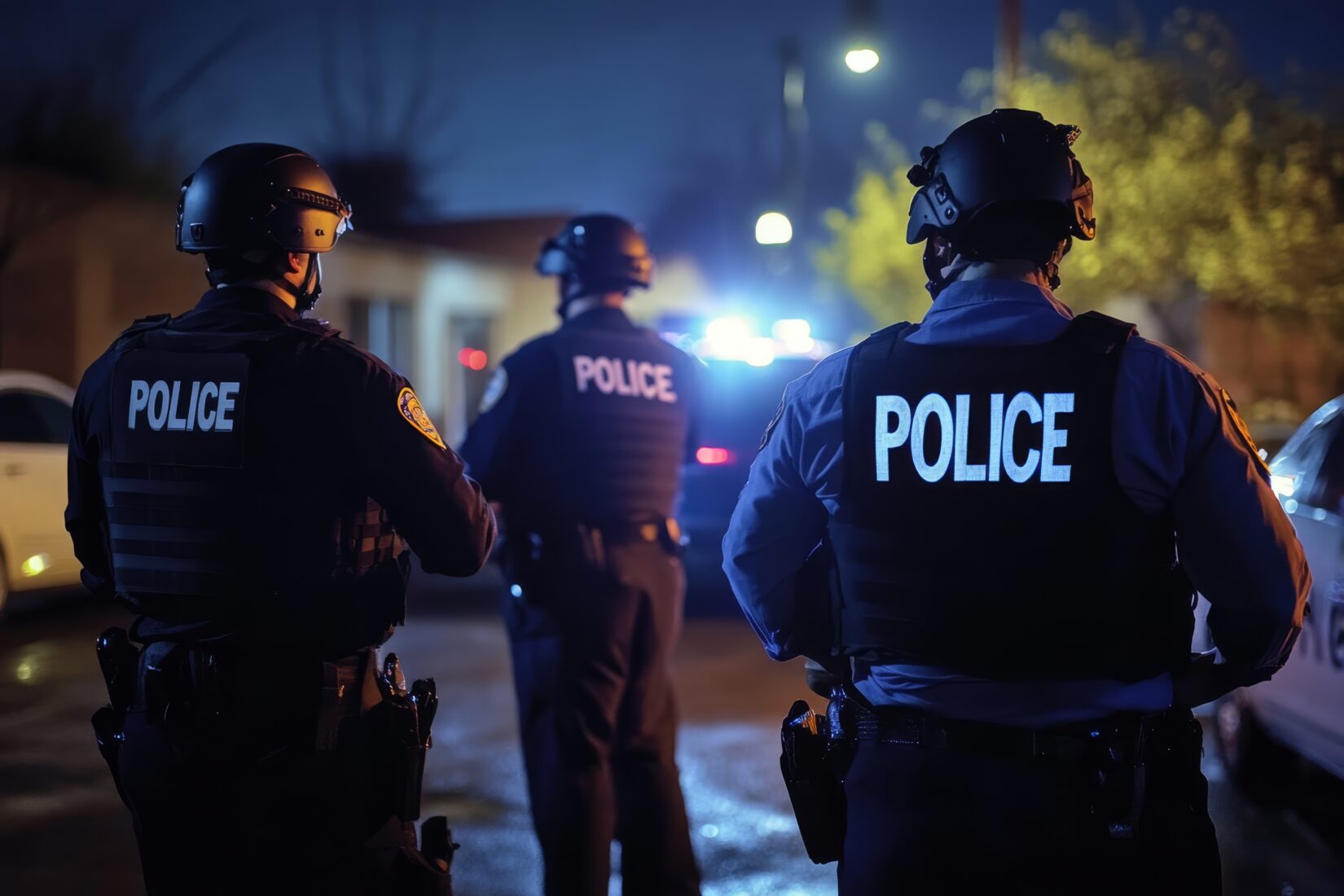
OPINION: Is Trump’s D.C. crackdown a blueprint for cleaning up crime nationwide?
Opinion-analysis by Summer Lane | August 22, 2025
President Donald Trump’s federal crackdown on crime in Washington, D.C., has yielded swift and effective results.
In the past week, there have been zero murders in the city, and since the announcement of Trump’s federal takeover, crime has dropped substantially.
According to the D.C. Police Union, there has been a 46 percent drop in robbery, an 83 percent drop in carjacking, and a 22 percent drop in violent crime in just seven days.
“Washington, D.C. is SAFE AGAIN!” Trump wrote on Truth Social late Thursday evening.
He continued, “The crowds are coming back, the spirit is high, and our D.C. National Guard and Police are doing a fantastic job. They are out in force, and are NOT PLAYING GAMES!!! As bad as it sounds to say, there were no murders this week for the first time in memory.”
Trump chastised D.C. Mayor Muriel Bowser’s criticisms of the federal takeover and warned that “bad things will happen, including a complete and total Federal takeover” of D.C., if she failed to “stop giving false and highly inaccurate crime figures.”
Regardless of politics, the quick cleanup in D.C. is impressive, and it seems to prove a point: Trump is great at getting a job done quickly, and it begs the question of whether this model of federal force would work to clean up the streets of other Democrat-led cities.
Trump’s comments suggest more federal action is coming
During a special announcement in the Oval Office on Friday, Trump took questions from the press and alluded to sending the National Guard into another blue city: Chicago, Illinois.
“After we do this, we’ll go to another location and we’ll make it safe, also,” he said.
He added, “We’re going to make our cities very, very safe. Chicago is a mess. You have an incompetent mayor, grossly incompetent; we’re going to straighten that out, probably next….and it won’t even be tough.”
During his first term, President Trump dealt with the so-called “summer of love” race riots in American cities. These protests intersected with the chaos of the Covid pandemic. Then, Trump deployed the National Guard and federal assets when needed, particularly in Washington, D.C., to maintain law and order. He ultimately did not use the Insurrection Act to deploy U.S. military troops.
Still, one could argue that Trump’s approach in 2020 was a little more restrained.
Now, it seems as if President Trump’s second term has taken a completely different tack: swift and sudden federal action in the face of unrest or crime.
This approach was displayed strongly in the administration’s decision to quell violent protests in Los Angeles earlier this year. The president, in June, deployed the U.S. National Guard to quiet anti-ICE protestors at that time, and the strategy worked quickly.
With Washington, D.C., and Los Angeles both prime examples of federal-level success when it comes to putting violent crime in its place, it seems that Trump has found a template for success.
The Trump administration’s border job reflects law and order
According to the U.S. Customs and Border Patrol, zero illegal aliens were released into the interior of the U.S. for the third consecutive month. This record intersects with the lowest monthly total in border encounters nationwide.
There’s no doubt: Trump’s job on securing the border is the most comprehensive and efficient operation perhaps ever seen in this nation’s history. This blueprint for federal law enforcement success seems to have set the stage for a broader application.
Just this week, Border Czar Tom Homan made it clear that Democrat-led “sanctuary states” that harbor illegal aliens or allow the assault or harassment of law enforcement officers would be held accountable.
“You cross that line, and you will be arrested and prosecuted under the Trump Administration. We have already seen a record number of prosecutions,” he wrote on X.
Is it possible that, under the umbrella of a public safety emergency, federal forces could roll through cities like San Diego, Chicago, and Portland? Could this facilitate a quick crackdown on not just homegrown crime but also crime being committed by illegal migrants?
This potential scenario is not out of the question, and Trump’s comments seem to suggest that such a strategy may be a possibility, especially if Chicago is next on his administration’s list.
Photo: Adobe Stock




